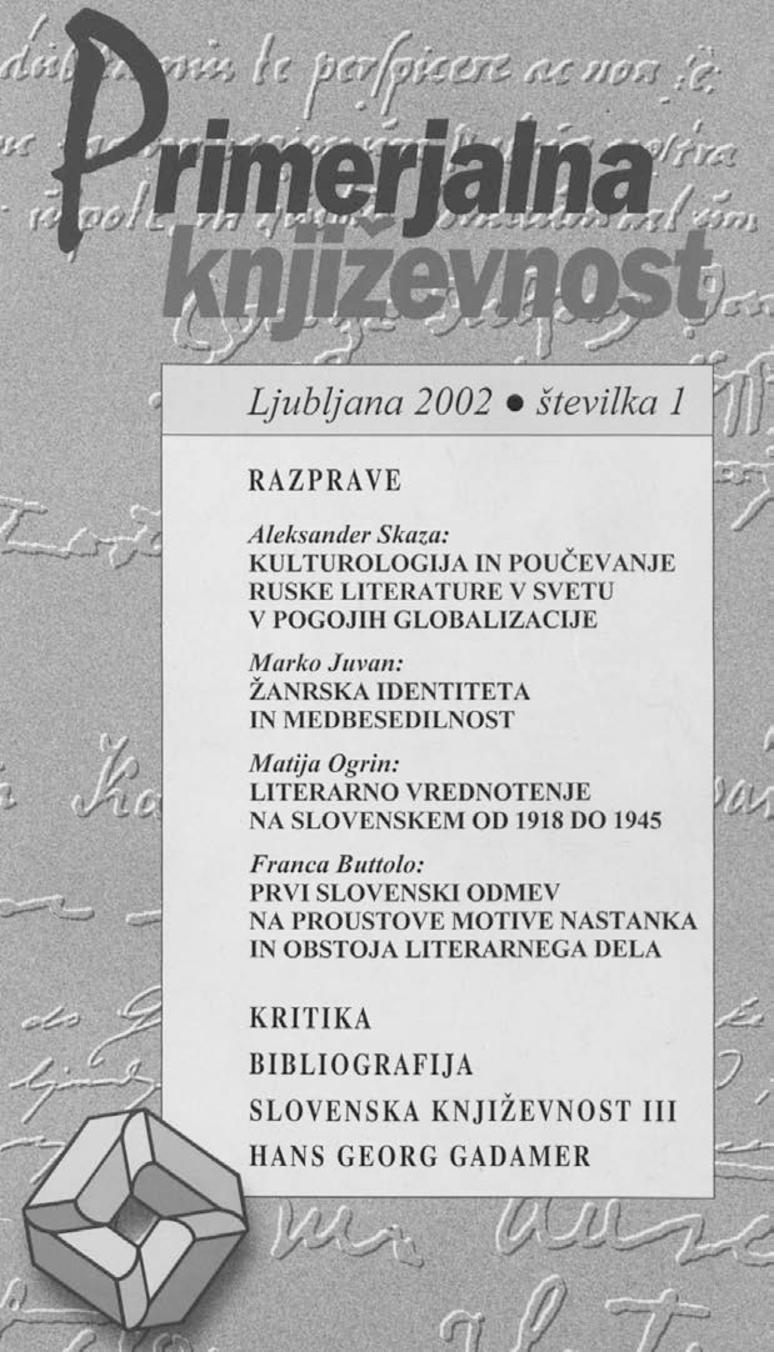Language
Information
https://scientiamilitaria.journals.ac.za/
https://pafidesapancoranmas.org/
https://udayannursingcollege.edu.bd/
https://sharifmedicalcity.org/
https://publikacije.uninp.edu.rs/
https://editora-edufatecie.unifatecie.edu.br/
https://astragraphia.org/id/tentang-kami/dewan-komisaris/
https://revistas.itsup.edu.ec/
https://aswajanews.isnuponorogo.org/


